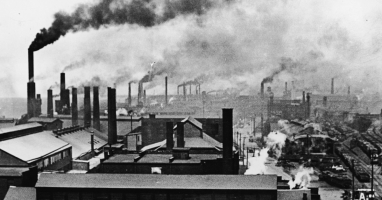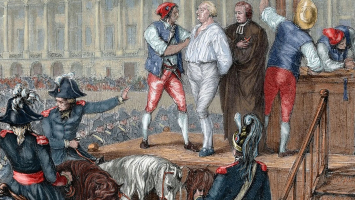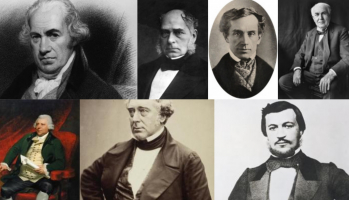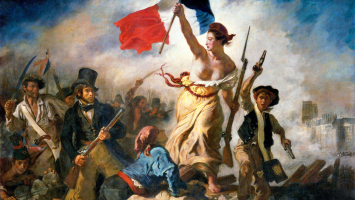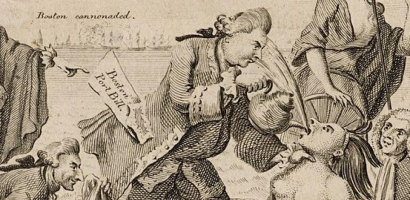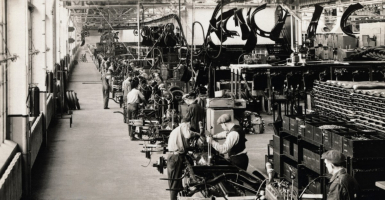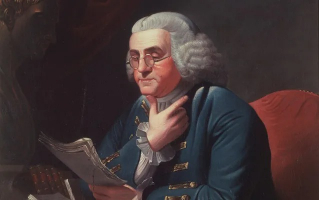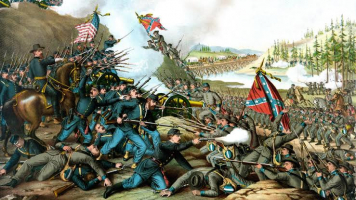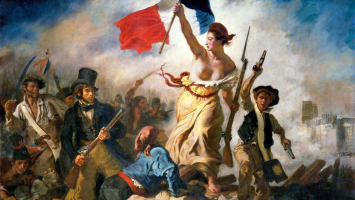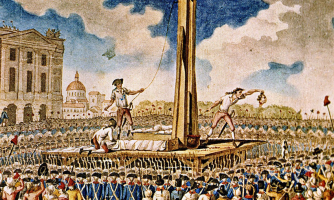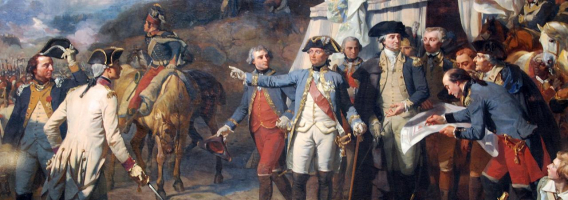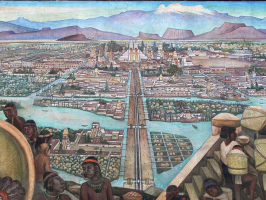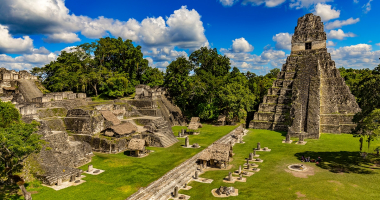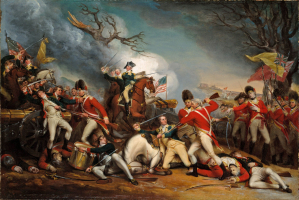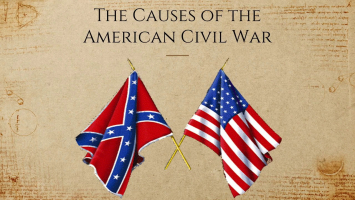Top 10 Major Effects of the French Revolution
From 1789 until 1799, the French Revolution was a turning point in world history. More than any other revolution, the French Revolution had a significant and ... read more...far-reaching impact on the world. The Revolution changed the trajectory of modern history, causing republics and liberal democracies to take the place of absolute monarchy around the world. To know more about the major effects of the French Revolution, let's read this article.
-
The Bourbon dynasty was a royal family that ruled over a number of countries, including France, Naples, Spain, Navarre, and Sicily. They were the most powerful from 1589 to 1792, when the Bourbon Rule was abolished and the then-King Louis XVI was executed.
For more than 400 years, the French Dynasty, often known as the House of Bourbon, ruled France. In 1792, the Bourbon Monarchy was abolished, and the Republican form of government was established.
The National Guards and revolutionary soldiers supplanted the Bourbon Monarchy and safeguarded the French Revolution's achievements. The National Guard, which consists of around 700,000 trained soldiers, continued to protect the people and their property.
After Napoleon Bonaparte's defeat in 1815, the Bourbon Rule was restored, albeit only for a short time, lasting until 1830. During the July Revolution, it was finally abolished.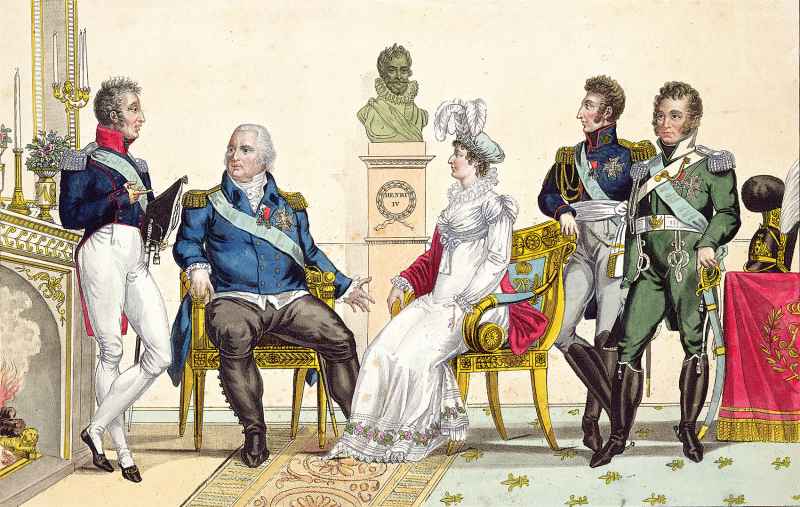
Photo: historytoday 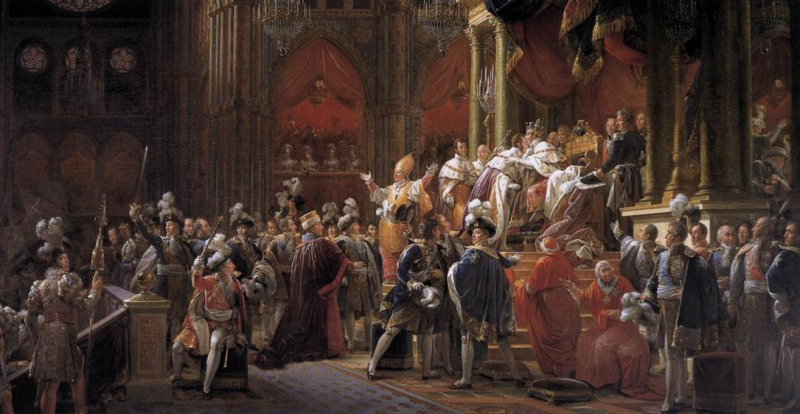
Photo: https://paris10.sitehost.iu.edu/ -
Peasants were kept dependent on the land and their ruler during the Middle Ages. They were required to pay tithes (one-tenth) of their annual earnings as taxes. Manorialism, which was a key aspect of Feudalism, and taxes were abolished with the French Revolution. The removal of taxes made life easier for peasants in most parts of France, and it offered tremendous relief to the peasants.
The French Revolution was able to usher in a new period in the history of the land reformation. The reform abolished feudal courts and ended the bias of feudal tenures. It also emancipated people from serfdom and canceled payments that were not based on actual land. Due to the increase in the class of landowners who supported Napoleon, all Clergy, Political Emigrants, and Common Land properties were auctioned and sold in 1792.
The Centers and serfs have become owners during the French Revolution, and the new regime was able to gain peasant support. It was able to reinforce individual and private ownership.
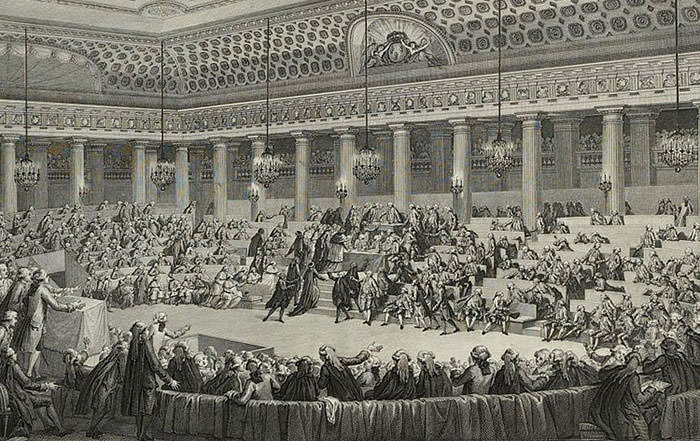
Photo: learnodo-newtonic 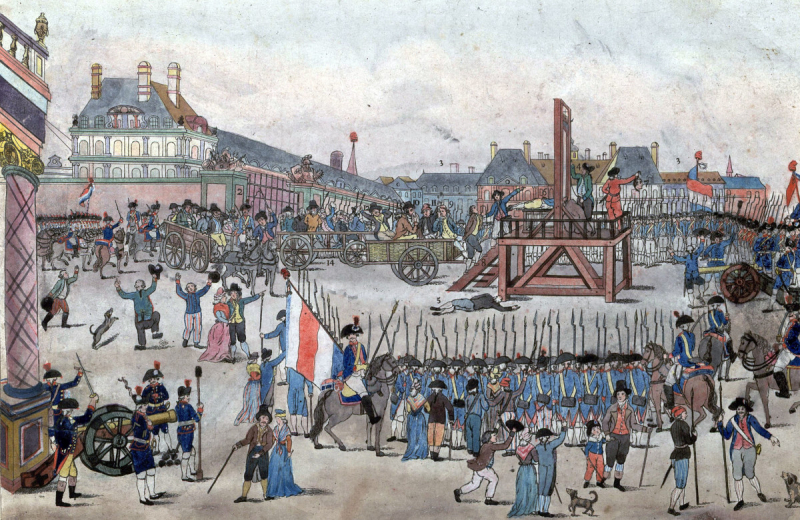
Photo: history -
Prior to the French Revolution, Catholicism was France's official religion, and the Catholic Church in France was extremely powerful. The Gallican Church, also known as the French Catholic Church, acknowledged the pope's authority as head of the Roman Catholic Church, but had negotiated certain liberties that favored the French monarch's power, giving it a distinct national identity defined by great autonomy. It controlled about 10% of the land. It also received tithes, which were a tenth of the ordinary people's annual profits, taken as a levy to sustain the clergy.
One of the major effects of the French Revolution is the French Catholic Church was nearly decimated during the Revolution as a result of its powerful position. Its priests and nuns were expelled, its leaders were executed or deported, and the state took control of its property and abolished tithes. The Concordat of 1801, a treaty between Napoleon and the Church, brought this period to a close and defined guidelines for the Church's relationship with the French state. The Concordat restored parts of the Church's historic duties, but not its power, territory, or monasteries. Furthermore, religious worship could never regain its former prominence in France.
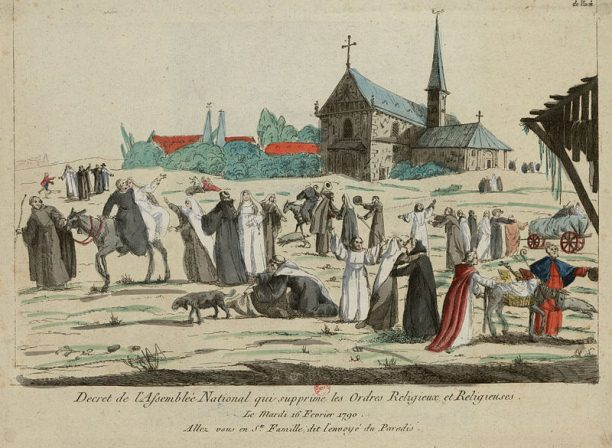
Photo: historytoday 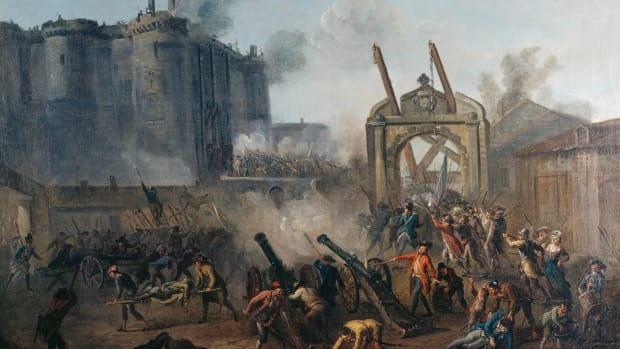
Photo: history -
A doctrine concerning the optimal form of social and political organization might be defined as an ideology. Ideologies arose from the French Revolution. In fact, it was during the Revolution that the term “ideology” was invented. One of the most significant repercussions of the revolution's new secular spirit was the introduction of ideology. It brought many changes, as well as the destruction of old ideals, the release of new forces, and the promise of new possibilities.
Prior to the French Revolution, most people lived under a system of government that had been in existence for generations, which in most cases was a monarchy. After the French Revolution, however, no government was considered legitimate until it could demonstrate its legitimacy. Those who supported royalty were challenged by republicans. Even among Republicans, some favored an elite-run government, while others wanted a more democratic system. Many ideologies arose as a result of the French Revolution, including socialism, liberalism, nationalism, democracy, and communism, with the key three becoming the iconic phrase “Liberty, Equality, Fraternity”.
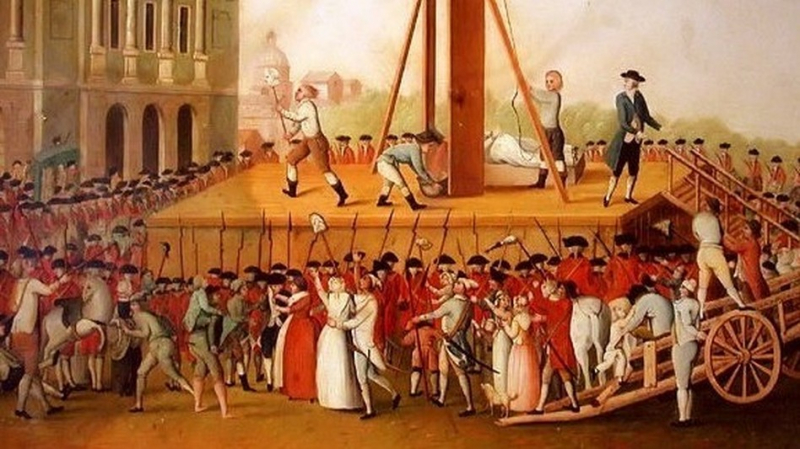
Photo: socialchangecourse.wordpress 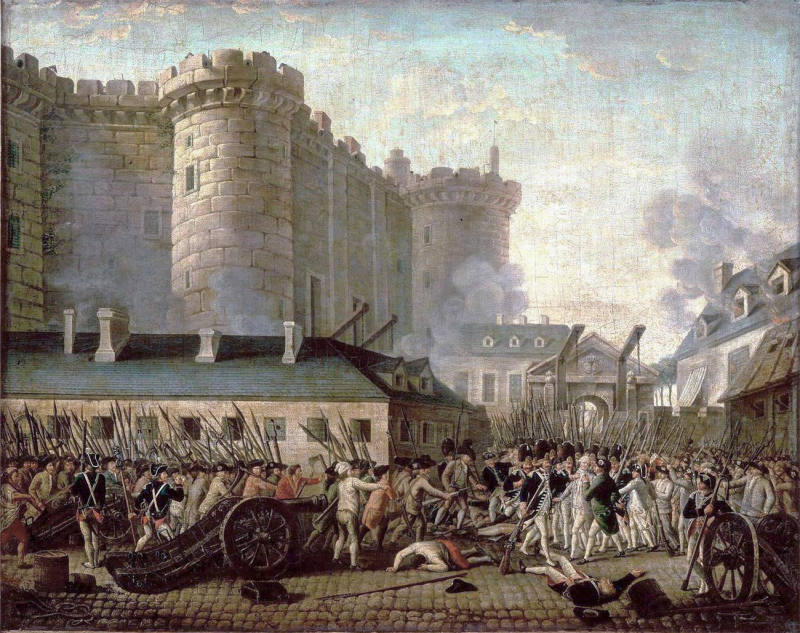
Photo: historytoday -
France was divided into many regions and ruled by various kings prior to the French Revolution. Only the kings should be followed and obeyed, according to the French. The French Revolution and Napoleon's conquests were able to instill national pride in the population. Earlier loyalty to local authorities and royalty was replaced by pride and a sense of national identity. Napoleon's conquests and the French Revolution sparked a significant rise in nationalism and nationalistic feelings throughout Europe and the world, leading to the unification of Italy and Germany. With the French Army's struggle against other European powers in the 1790s, French nationalism reached its pinnacle.
Nationalism is a political ideology that stresses a nation's loyalty, dedication, or allegiance over other individual or group interests. The French Revolution sparked the modern nation-state movement and was instrumental in the emergence of nationalism throughout Europe. There were two sorts of nationalism: civic and ethnic. The first, which began with the French Revolution, was founded on common goals and beliefs, but the second was founded on ethnicity.
Nationalism was the motivating force behind the state's transformation. Nationalism was a declaration of independence from the monarchy and the Catholic Church. As a result, the struggle for national freedom became one of the most important themes in European and global politics in the nineteenth and twentieth centuries.
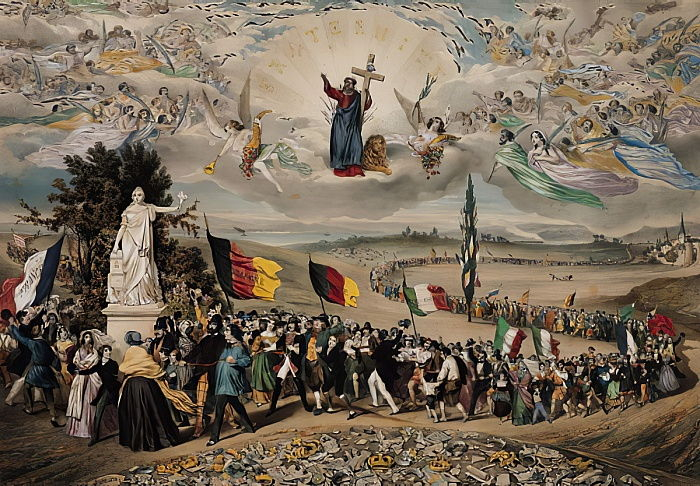
Photo: wikipedia 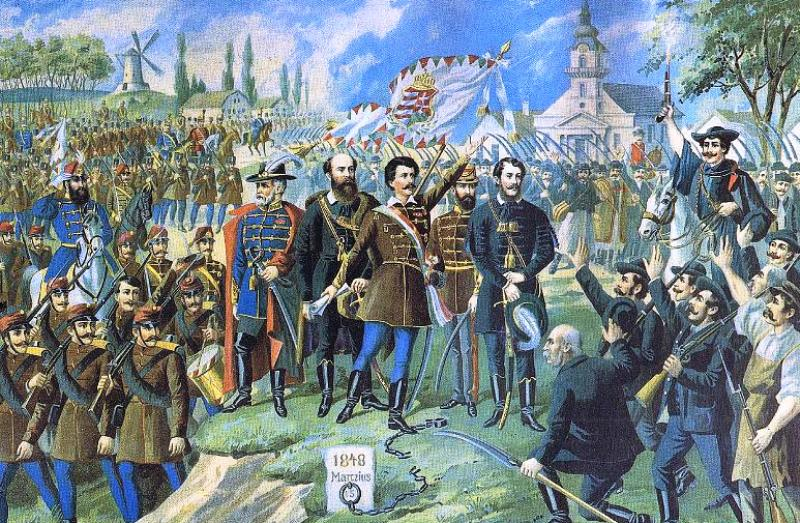
Photo: studiousguy -
Liberalism is a political and moral ideology founded on the principles of equality and liberty. Liberalism began to spread swiftly after the French Revolution. The hereditary aristocracy was overturned during the French Revolution under the slogan “liberty, equality, fraternity” and France became the first country in history to provide universal male suffrage.
During the Revolution, there were two major events that marked the triumph of liberalism. The first was the abolishment of feudalism in France on August 4, 1789. This signaled the end of feudal and conventional privileges and entitlements. The passage of the Declaration of the Rights of Man and Citizen in August 1789 was the second. The Declaration of Independence is regarded as a key document in the development of both liberalism and human rights. Throughout the 19th century, liberal governments were founded in countries across Europe, South America, and North America as a result of the French Revolution's success. As a result, the Revolution is seen as a watershed moment in liberalism.
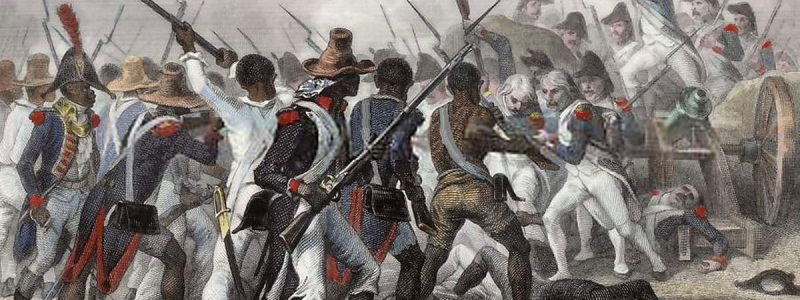
Photo: learnodo-newtonic 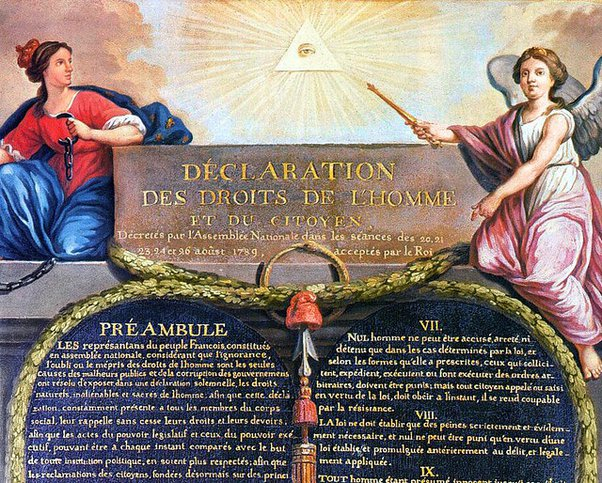
Photo: quora -
Socialism and Communism were not directly derived from the French Revolution in the 19th century. It did, however, create a social and intellectual climate that allowed these ideologies and their propagandists to thrive. In addition to criticizing private property, the French communist theorists of the late 18th century argued for its abolishment and the construction of a society based on egalitarian and community ownership of property.
François-Nol Babeuf, a political activist and journalist from France, went so far as to call for violent revolution in the sake of the redistribution of wealth. The two most significant communist philosophers, Karl Marx and Friedrich Engels, received their education during the widespread revolutionary activity of the late 18th and early 19th centuries, which is another factor. In his book, The Holy Family, Karl Marx wrote, “…the French Revolution gave rise to ideas which led beyond the ideas of the entire old world order. The revolutionary movement, which began in 1789… gave rise to the communist idea… This idea, consistently developed, is the idea of the new world order”. The French Revolution established the principles of equality, democracy, and fraternity, which were followed by the socialist revolution known as the Russian Revolution in Russia. The French Revolution also served as a source of inspiration for Vladimir Lenin, the leader of the Russian Revolution. About French revolutions, Lenin said, “Take the great French Revolution. It is with good reason that it is called a great revolution.”
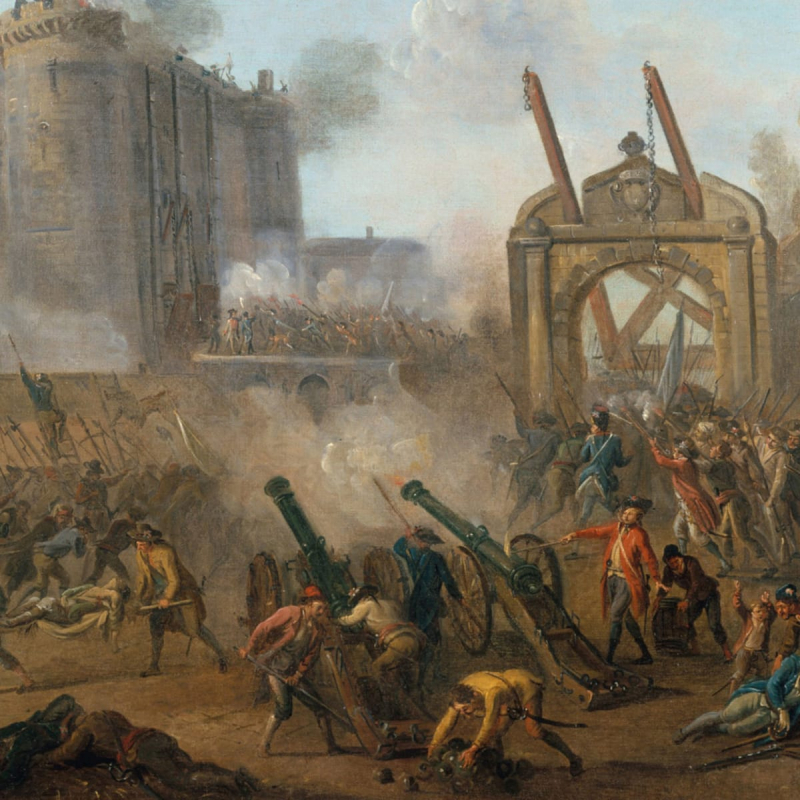
Photo: history 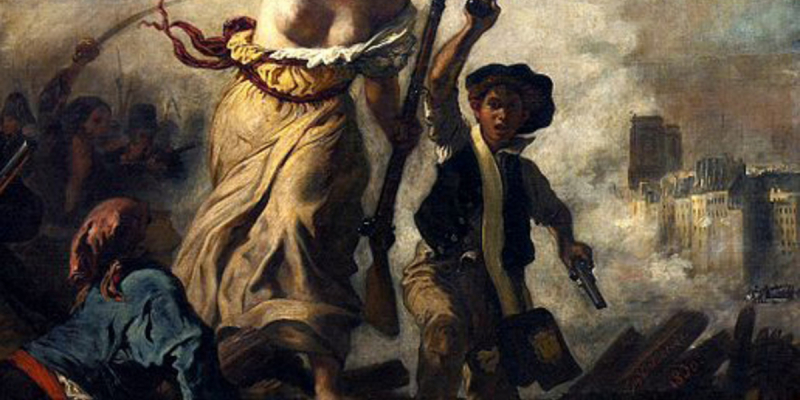
Photo: origins -
Haiti was a French colony known as Saint Domínguez during the French Revolution. Slaves at Saint Domínguez rose up in revolt as one of the major effects of the French Revolution, compelling French officials to acknowledge the true significance of their revolution.
On August 22, 1791, the slaves of Saint Domínguez started killing their owners, sparking a civil war that would eventually lead to the Haitian Revolution. Blacks, mulattoes, French, Spanish, and British people all participated in it. Both the French and the Haitians were successful in changing their societies. The French National Assembly emancipated slaves in Haiti on April 4, 1792, and the uprising reached its zenith in 1804. With Haiti's independence in 1804, the Haitian Revolution came to an end. It was the only slave insurrection to result in the establishment of a slave-free state governed by people of color and former slaves.
Change was prompted by the revolutions' activities all throughout the world. The impact of France's reform was greatest in Europe, while Haiti's effect extended to all regions where slavery was still practiced. Haiti is recognized by John E. Baur as the birthplace of history's most significant Revolution.
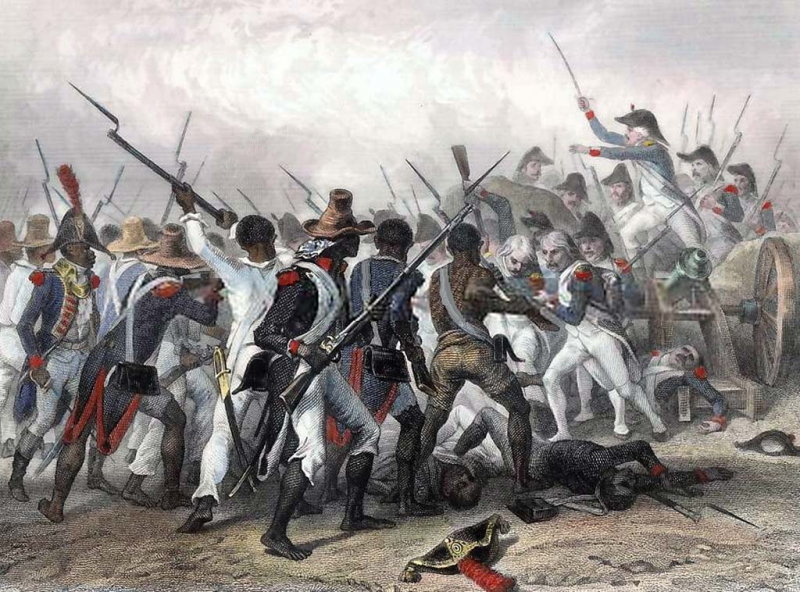
Photo: blackpast 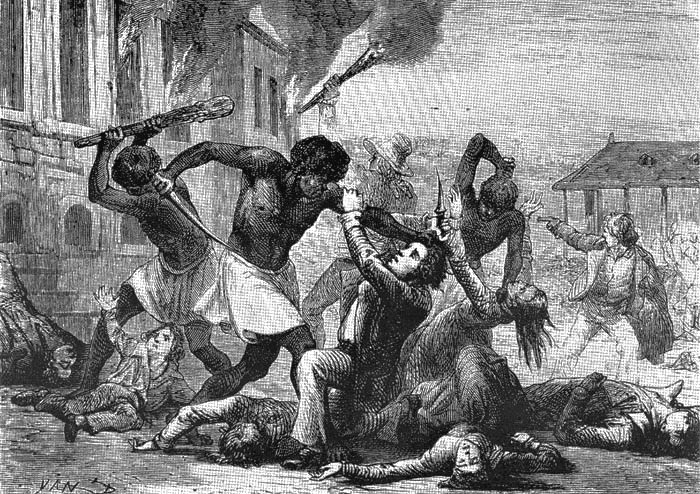
Photo: simple.wikipedia.org -
The Legislative Assembly of France during the French Revolution decides to declare the First Republic and abolition of the monarchy. The law was passed a year after King Louis XVI grudgingly endorsed a new constitution that greatly reduced his authority.
When Louis came to the French throne in 1774, he was ill-equipped to deal with the grave financial issues his predecessors had left behind. The French Revolution began in 1789 as a result of a food shortage and an economic downturn. In September 1792, the monarchy was overthrown after King Louis and his queen, Mary-Antoinette, were put in jail in August. Soon after, Louis was put on trial for treason after evidence of his counterrevolutionary plots with other countries was found. Louis was found guilty in January 1793 and given the death penalty by a slim majority. He stubbornly approached the guillotine on January 21 and was put to death. Nine months later, Marie-Antoinette went with him to the guillotine.
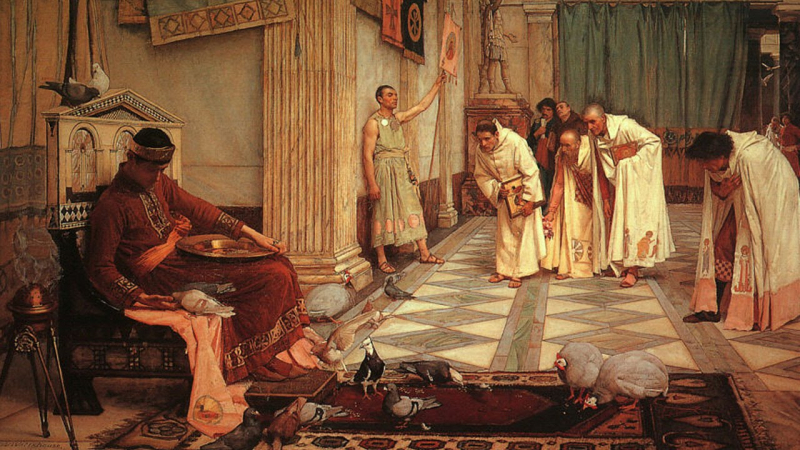
Photo: brewminate 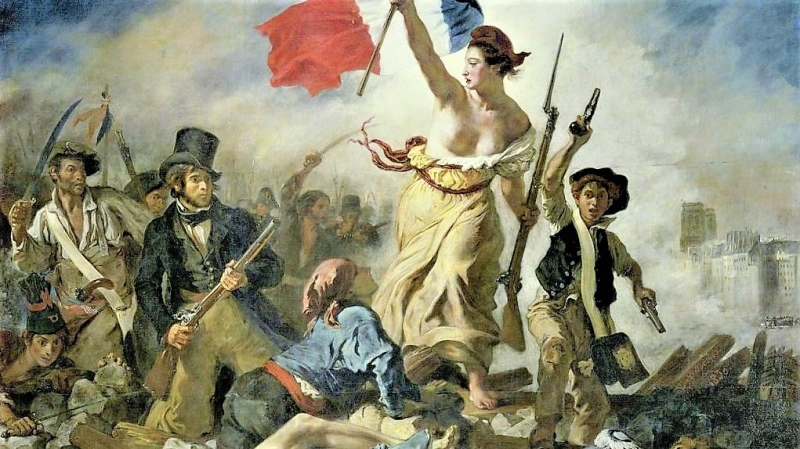
Photo: toritto.wordpress -
Before the French Revolution, there were numerous legal and political injustices that the French people had to deal with. Only some the common people's legal and political rights were possessed by members of noble families.
Napoleon's victory helped popularize democracy by demonstrating that a country may be governed successfully without the influence of a king. Their main goal was to promote equality in terms of rights, legislation, religion, and free expression.
Full democracy did not come about right away, but it did result in some favorable improvements, such as the abolition of the monarchy and the nobility. The idea that every person should have equal rights, be treated fairly, and be safeguarded by the government came into being over time.
The democratic state, which includes secularism, the freedoms of speech and religion, the rights of women, the redistribution of wealth, and the abolition of hereditary privileges, was brought about by the French Revolution.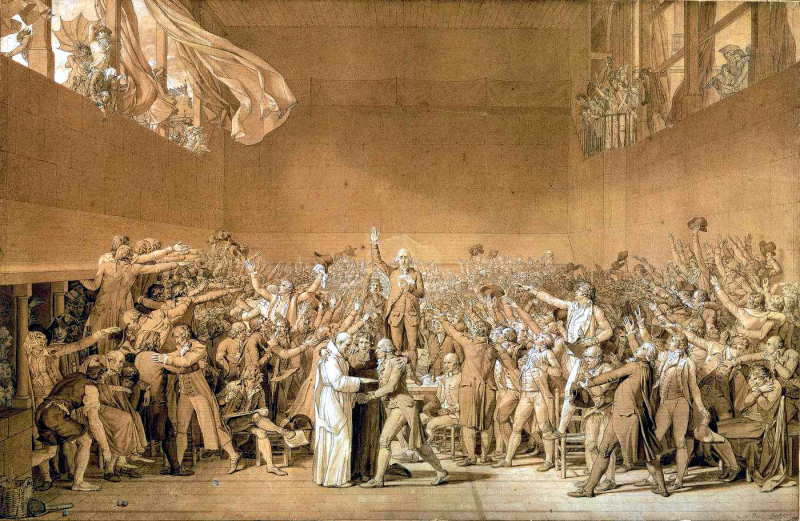
Photo: earlyamericanists 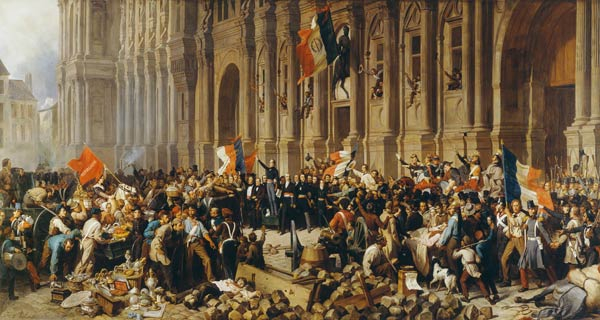
Photo: art-prints-on-demand













